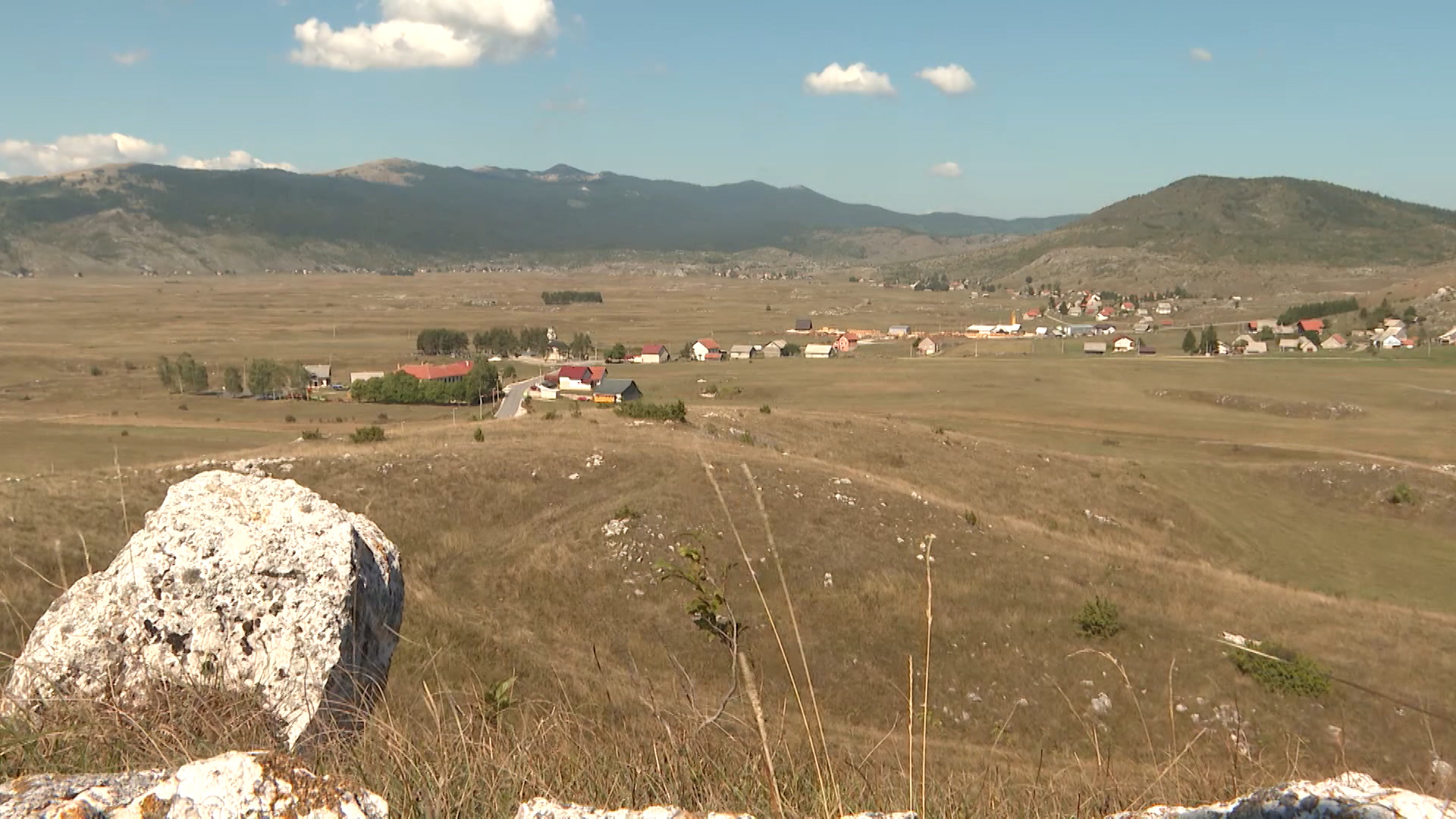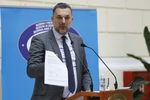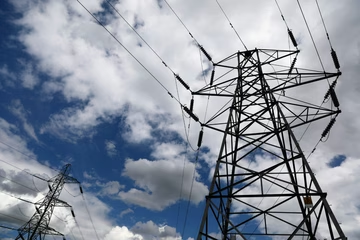
The Aarhus Center Bosnia and Herzegovina, an organization focused on environmental human rights, has voiced serious concerns over the proposed construction of a magnesium production facility in Kupres. The project, led by "BH Magnezij & Minerali," owned by the German company "Magnesium For Europe," aims to use dolomite as raw material to produce magnesium.
Oglas
According to the Aarhus Center, the proposed site, located in Osmanlije, could lead to significant negative environmental, social, and economic impacts on the local community and ecosystem. The production process involves heavy chemical usage, which may severely contaminate air, soil, and water in the area, threatening the already vulnerable local flora and fauna.
Furthermore, the project is not aligned with the spatial development plan for Kupres, which emphasizes agriculture, tourism, and the processing industry—specifically excluding chemical industries. The Center warned that introducing a chemical plant contradicts Kupres's long-term strategic goals and risks harming initiatives to establish the region as an ecological area.
Drawing on global experiences, Aarhus Center indicated that similar projects have led to severe environmental damage, which raises fears that Kupres may face increased pollution, declining quality of life, potential population exodus, falling property values, and reduced attractiveness for tourism and agriculture.
Aarhus Center urged authorities to consider all potential adverse impacts before making final decisions and called for transparency in the decision-making process, ensuring adequate local community involvement throughout the project.
"This project must be carefully assessed within a comprehensive environmental, economic, and social framework to ensure the sustainable development of Kupres rather than its ecological collapse," said Aarhus Center.
The organization also pointed out unanswered questions regarding land use rights and permits, stating that residents deserve concrete answers about the ownership and legality of large-scale geological explorations over the designated area of 47.5 hectares. They emphasized the need for adherence to the Aarhus Convention, which requires that the public impacted by a project must be included in decision-making, with their input properly considered.
Kakvo je tvoje mišljenje o ovome?
Učestvuj u diskusiji ili pročitaj komentare
Oglas
Kakvo je tvoje mišljenje o ovome?
Učestvuj u diskusiji ili pročitaj komentare
Oglas





 Srbija
Srbija
 Hrvatska
Hrvatska
 Slovenija
Slovenija



























































